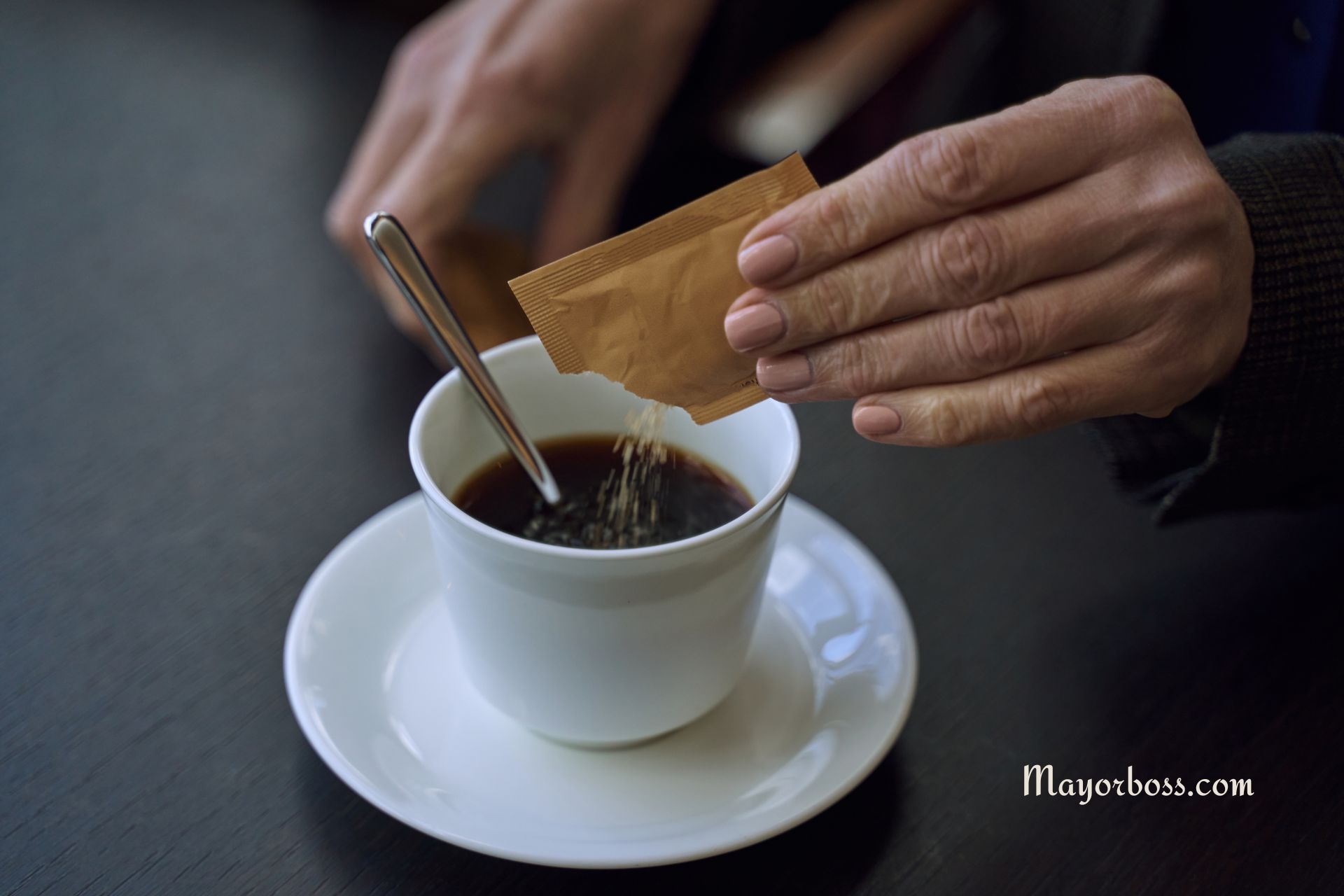You Really Shouldn’t Put Sugar in Your Coffee
Coffee is one of the world’s most beloved beverages. Its rich aroma and stimulating effects have made it a staple for people across cultures. However, the common practice of adding sugar to coffee has significant drawbacks for our health and taste experiences. Here’s why you might want to ditch the sugar bowl and savor your coffee in its natural state.

Sugar’s Impact on Your Health
- Excess Calories and Weight Gain: Sugar is a major source of empty calories, meaning it offers little nutritional value but packs a heavy caloric punch. Overconsumption of sugar readily leads to weight gain and can increase the risk of obesity.
- Increased Risk of Type 2 Diabetes: Regularly consuming sweetened beverages, including coffee, is closely linked to the development of type 2 diabetes. Sugar interferes with insulin production and utilization, causing blood sugar levels to spike.
- Heart Disease Risk: Studies suggest that too much sugar in your diet can raise blood pressure, heighten triglycerides (a type of blood fat), and contribute to chronic inflammation – all of which are risk factors for heart disease.
- Dental Problems: Sugar feeds the bacteria in your mouth that cause plaque and tooth decay. Sweetened coffee puts your dental health at risk, particularly if you sip on it throughout the day.
Sugar and Your Taste Buds
- Masking Coffee’s True Flavor: Adding sugar to coffee overpowers the subtle and diverse flavor notes inherent in the beans. Coffee enthusiasts know that different beans from various regions can offer a wide range of flavors, from fruity and floral to earthy and nutty. Sugar hides this complexity.
- Desensitizing Your Palate: Over time, consistently sweetening your coffee can desensitize your taste buds. You get used to the sweetness and crave even more to get the same effect. This can lead to a vicious cycle of escalating sugar intake, making it harder to enjoy naturally less sweet foods and drinks.
Transitioning to Unsweetened Coffee
If you’re accustomed to sugary coffee, making the switch to unsweetened might seem daunting. Here are some tips to help you make the transition:
- Gradual Reduction: Instead of quitting cold turkey, gradually reduce the amount of sugar you add to your coffee. Start by cutting it in half for a week or two, then reduce it further until you’re down to none.
- Quality Beans Matter: Use high-quality, freshly roasted coffee beans. Good coffee has natural sweetness and complexity that won’t need as much masking with sugar.
- Experiment with Brewing Methods: Different brewing methods will alter the coffee’s flavor profile. Try a pour-over or French press to extract different nuanced flavors from the beans.
- Spice Things Up: Add a pinch of cinnamon, nutmeg, or cardamom to your coffee grounds for a flavor boost without sweetness.
Alternatives to Sugar in Coffee
If you want a less severe transition, exploring sugar alternatives might help. However, note that these come with their own caveats:
- Natural Sweeteners: Honey, maple syrup, and agave nectar are touted as healthier options, but still contain sugar. They should be used sparingly.
- Artificial Sweeteners: Options like aspartame and sucralose provide sweetness with minimal calories. However, artificial sweeteners have concerns, such as potential impacts on gut health and their taste being highly debated.
FAQs
1. Is it okay to have a little sugar in my coffee sometimes?
Yes, a little bit of sugar in your coffee occasionally won’t harm your health. The key is moderation and an awareness of your overall sugar intake throughout the day.
2. What about milk or cream in my coffee?
Adding unsweetened milk or cream softens the bitterness of coffee and provides some natural sweetness. It’s a preferable option compared to refined sugar.
3. I get headaches if I don’t have my sugary coffee! What can I do?
Caffeine withdrawal can cause headaches. Ease your transition to less or no sugar gradually, and if headaches persist, talk to your doctor.
